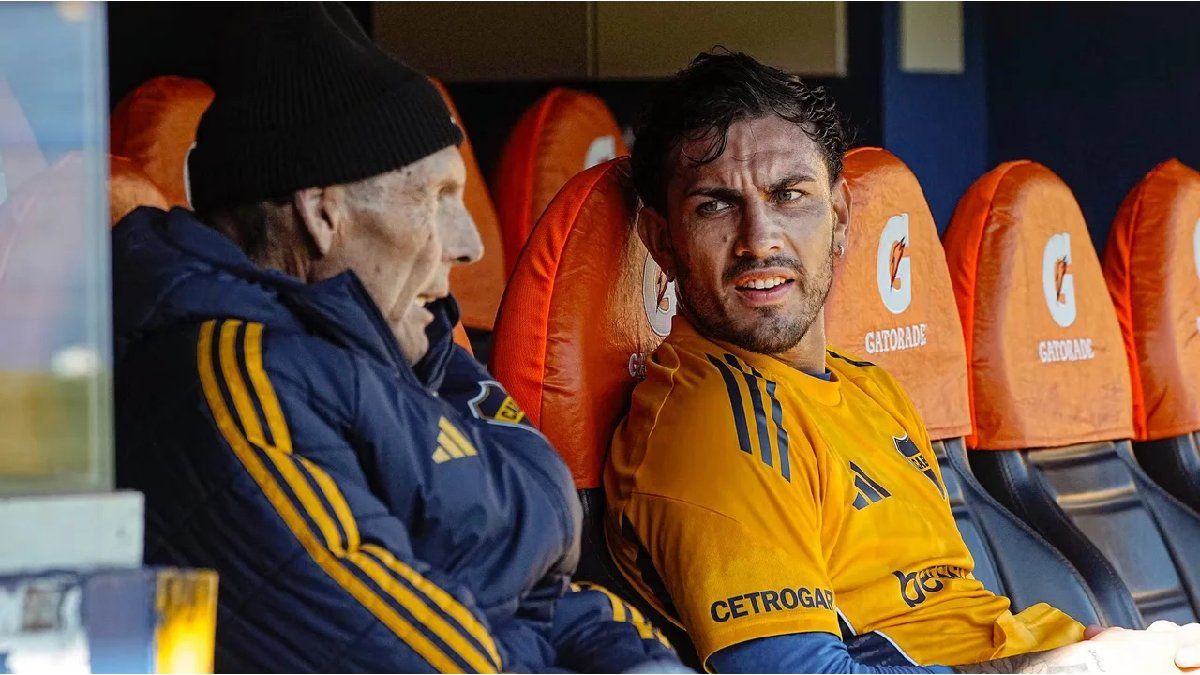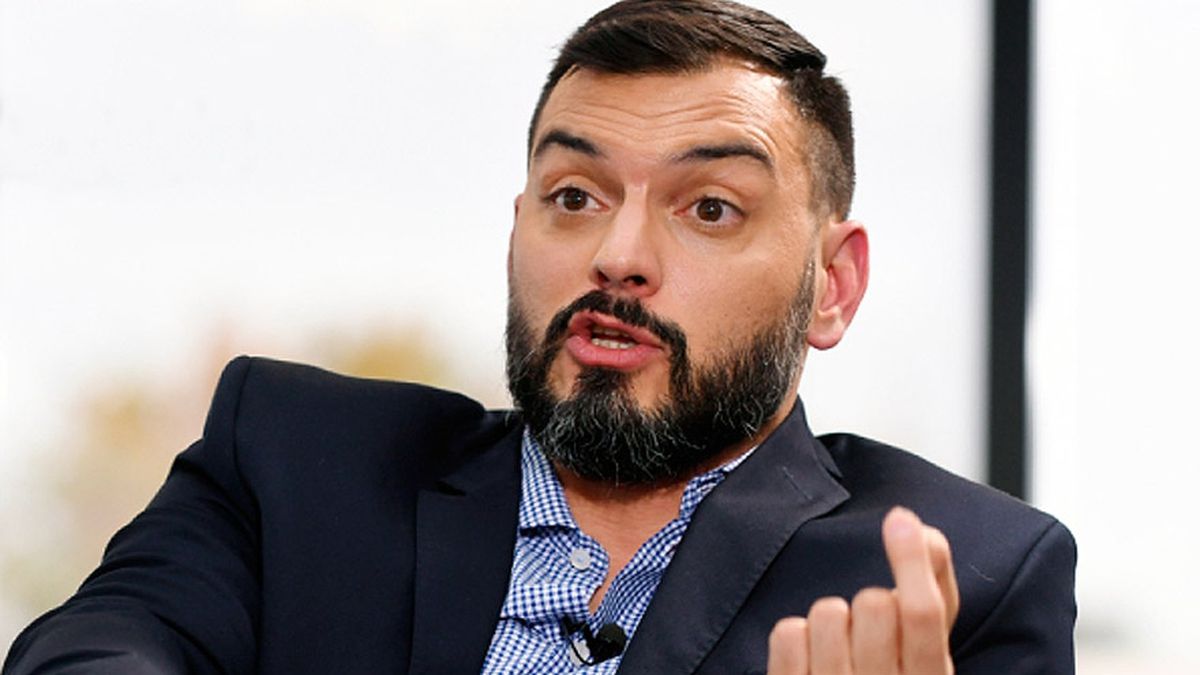Steinmeier has admitted mistakes in his Russia policy, Merkel has defended her course. And Scholz? He protects Merkel, but not entirely. He doesn’t blame himself directly.
Chancellor Olaf Scholz (SPD) has fundamentally defended the reconciliation policy of his predecessor Angela Merkel (CDU) with Russia.
“The attempt at reconciliation can never be wrong, and neither can the attempt to get along peacefully,” said Scholz in an interview with the German Press Agency. “I see myself close to my predecessor.”
The SPD politician took a very different view of energy policy towards Russia in recent years. “But it was a mistake in German economic policy that we concentrated our energy supply too much on Russia without building the necessary infrastructure so that we could quickly change course if the worst came to the worst,” he said. As Hamburg’s mayor, however, he himself campaigned for the construction of liquid gas terminals on the north German coast to fill this gap. “Now we have to make up for it quickly.”
Scholz: “Always worked well together” with Merkel
When asked whether that meant that he had made no mistakes in Russia policy, but Merkel did, Scholz said: “That is an inadmissible shortening of my answer. I always worked well with the former Chancellor, and I see no reason to question that afterwards.”
Scholz was Merkel’s vice chancellor and finance minister for almost four years from 2018 to 2021 and was also a member of her cabinet between 2007 and 2009 as labor minister. Even after he was sworn in as chancellor, he still defended the Nord Stream 2 gas pipeline as a “private-sector project” and described the official decision on commissioning as “completely apolitical”. He only pulled the ripcord two days before the start of the Ukraine war.
Merkel: I believed in “connection through trade”.
Two weeks ago, Merkel defended her much-criticized Russia policy in a first interview after she was handed over to Scholz and refused an apology. In an interview with the editorial network Germany published on Saturday, she reiterated this attitude – also with regard to energy policy. “I didn’t believe in change through trade, but in connection through trade with the second largest nuclear power in the world,” she said.
But it wasn’t an easy decision. “The thesis at the time was: If Nord Stream 2 is in operation, (Russian President Vladimir) Putin will no longer deliver gas through Ukraine or even attack it.” However, the West ensured that gas was still routed through Ukraine. “At the time, the German economy opted for pipeline gas transport from Russia because it was economically cheaper than liquid gas from Saudi Arabia, Qatar and the United Arab Emirates and later also from the USA,” explained Merkel.
Scholz defends Merkel’s NATO decision: “Everyone knew that”
Merkel has repeatedly justified her decision to oppose Ukraine’s NATO accession process at the 2008 summit in Bucharest. Scholz also agrees with her on this point. “The criteria for joining NATO must be met by every state that wants to join the alliance. Ukraine’s accession to NATO was not on the cards,” he told dpa. “Everyone knew that, including the Russian President. It is all the more absurd that Putin justified his attack on Ukraine, among other things, by saying that at some point Ukraine could somehow suddenly end up there.” It was clear that this would not be an issue at all for the foreseeable future.
Steinmeier admitted personal mistakes: “I was wrong there”
Neither Merkel nor Scholz admit personal mistakes in Russia policy – unlike Federal President Frank-Walter Steinmeier. At the beginning of April, he was very self-critical about his role in energy policy as head of the Chancellor’s office under Gerhard Schröder and as foreign minister under Merkel. “My sticking to Nord Stream 2 was clearly a mistake. We held on to bridges that Russia no longer believed in and that our partners warned us about.”
He was also wrong about Putin, said Steinmeier. «My assessment was that Vladimir Putin would not accept the complete economic, political and moral ruin of his country for his imperial madness. Like others, I was wrong.” Steinmeier did not say who he meant by the others.
Source: Stern
David William is a talented author who has made a name for himself in the world of writing. He is a professional author who writes on a wide range of topics, from general interest to opinion news. David is currently working as a writer at 24 hours worlds where he brings his unique perspective and in-depth research to his articles, making them both informative and engaging.




